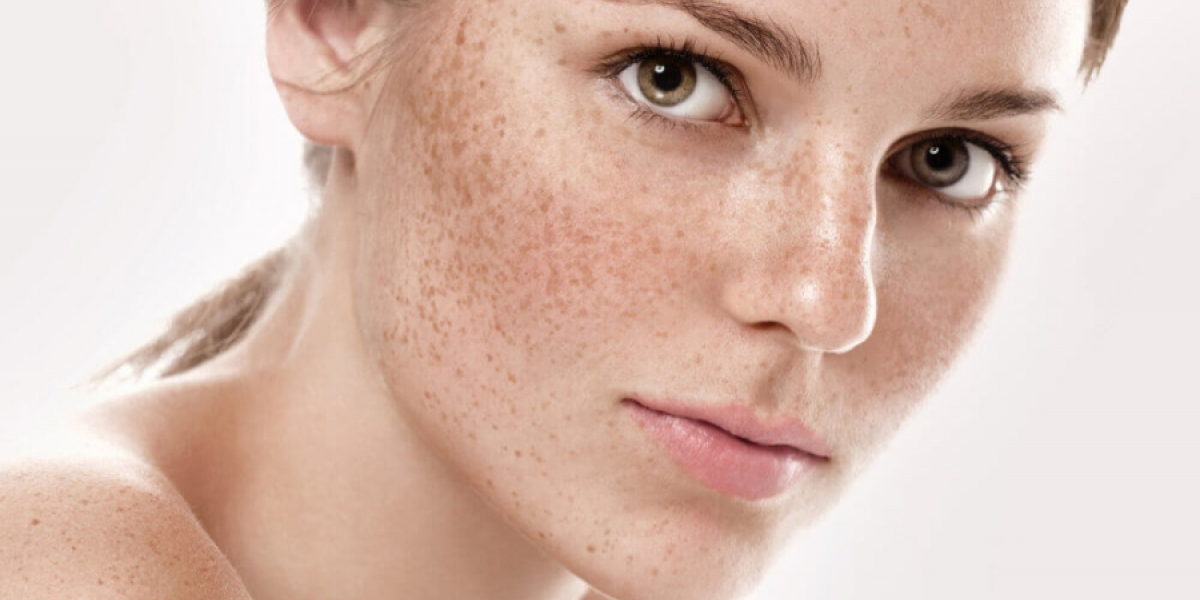Hyperpigmentation

Hyperpigmentation is a medical term used to describe darker patches of skin. These patches result from excess melanin production, which can be caused by everything from acne scars and sun damage to hormone fluctuations.
Causes of Hyperpigmentation
- Sun exposure
- Skin inflammation
- Melasma
- Medical condition
Treatments
- Lightening creams-These creams work with select ingredients to help decrease pigmentation. They’re usually applied once or twice a day to help lighten the skin over time.
- Chemical peels- A chemical peel uses acids at stronger concentrations to treat the desired area of skin. They reduce the appearance of hyperpigmentation by removing the epidermis.
- Laser peels- A laser peel (resurfacing) treatment uses targeted beams of light to reduce hyperpigmentation.
- Microdermabrasion- Microdermabrasion is an in-office procedure used to treat hyperpigmentation that affects the epidermis only
Benefits
- The treatment imparts a radiant glow to the skin.
- It gives your skin a smooth appearance and reduces pore size.
- It provides a dramatic improvement in skin hyperpigmentation.
- It treats melasma and helps in controlling acne and Preventing Acne Marks.
- It is a safe and cost-effective procedure.
FAQ
- Does drinking water improve hyperpigmentation?
- The benefits of staying hydrated are too many. Experts suggest drinking at least 2-3 liters of water daily to fight pigmentation effectively.
- Does Vitamin C make hyperpigmentation worse?
- No, it does not. It may stain your skin but it cannot darken your skin. It is important to know the difference between staining and darkening the skin.
- Which vitamins are necessary to consume to reduce hyperpigmentation?
- Vitamin E is highly rich in antioxidants that are essential for lowering inflammation, preventing skin damage, restoring the skin's natural health, and helping in the evening the tone. Along with these benefits, Vitamin E is also helpful in controlling hyperpigmentation and is a natural nourishing agent for the skin.

